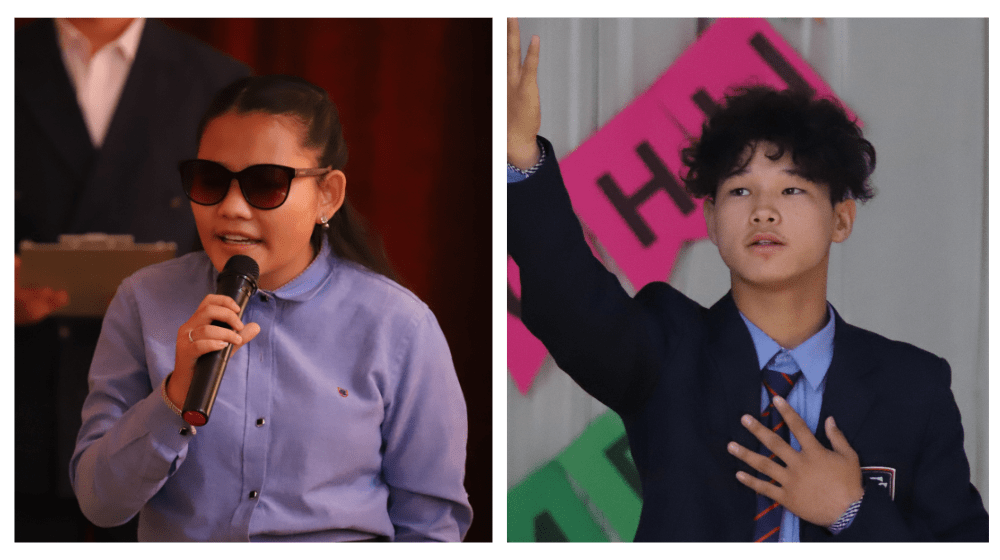In the vibrant city of Ulaanbaatar, Mongolia, comprehensive sexuality education has become an integral part of the national school curriculum, transforming the lives of countless young individuals, especially those from marginalized backgrounds. This institutionalized approach has brought about a wave of positive change, empowering youth to navigate their sexual health with confidence and knowledge.
Adiya, an 18-year-old high schooler who lives with visual impairment, is a shining example of the transformative impact of comprehensive sexuality education. With this vital knowledge at her fingertips, she expresses a newfound sense of self-assurance, saying, "I understand the importance of these conversations and embrace them as normal and healthy. It has enabled me to communicate effectively with my family and healthcare providers about my sexual and reproductive health needs."
Bilguun, an 11th grader who faces hearing impairment, echoes Adiya's sentiments. "Through [comprehensive sexuality education], I have realized many misconceptions I held about sexual health and learned about unhealthy practices," he shares. "With the things I learned, I feel more confident about protecting myself and making better choices. I can confidently engage in conversations about sexual health with my peers, family, and friends."
The impact of comprehensive sexuality education reaches far beyond these inspiring individuals. By institutionalizing it into the national school curriculum, Mongolia is ensuring that all young people, including marginalized youth, have access to vital information and resources.
Research has consistently shown that comprehensive sexuality education leads to increased knowledge, reduced risk-taking behaviour, and improved sexual and reproductive health outcomes. A 2018 systematic review of 21 studies found that comprehensive sexuality education programs led to a significant reduction in the initiation of sexual intercourse among young people. The review also found that these programs were effective in reducing the number of sexual partners, increasing the use of condoms, and decreasing the incidence of sexually transmitted infections. (The Lancet, 2018)
Despite the scientific evidence in support of the positive impacts of the programme, there are still criticisms of the programme regarding the appropriateness of teaching about sex to youth and children. This criticism largely comes from parents based on preconceived notions of the programme.
However, for marginalized youth, who often face additional barriers to accessing accurate information, this inclusive approach is a powerful tool for empowerment and breaking down societal stigmas.
Teachers on the front lines of this initiative have witnessed significant transformations in students' attitudes towards sexual health. Health education teacher Kherlen, who teaches at the Bayangobi soum School in Uvurkhangai provinces, says that students are more open, engaged, and willing to discuss sensitive topics, creating a safe and inclusive environment for learning. This shift in perspective showcases the power of comprehensive sexuality education to dismantle barriers and foster healthy conversations.
By prioritizing comprehensive sexuality education for all, Mongolia is paving the way for a more inclusive and empowered generation. The benefits are far-reaching, particularly for marginalized youth who have historically been left behind in discussions surrounding sexual health. This transformative approach ensures that every young person, regardless of their background, has the opportunity to thrive and lead healthy lives.
Adiya and Bilguun's stories exemplify the practical benefits of comprehensive sexuality education in their daily lives. They now navigate the world with confidence, armed with accurate information and the skills to protect themselves and make informed decisions. As Mongolia continues to prioritize the institutionalization of comprehensive sexuality education, it sets an example for countries worldwide, highlighting the importance of inclusive and empowering education for all young people. By investing in their sexual health, we invest in their futures, fostering a generation that is knowledgeable, resilient, and capable of shaping a better world for themselves and others.


